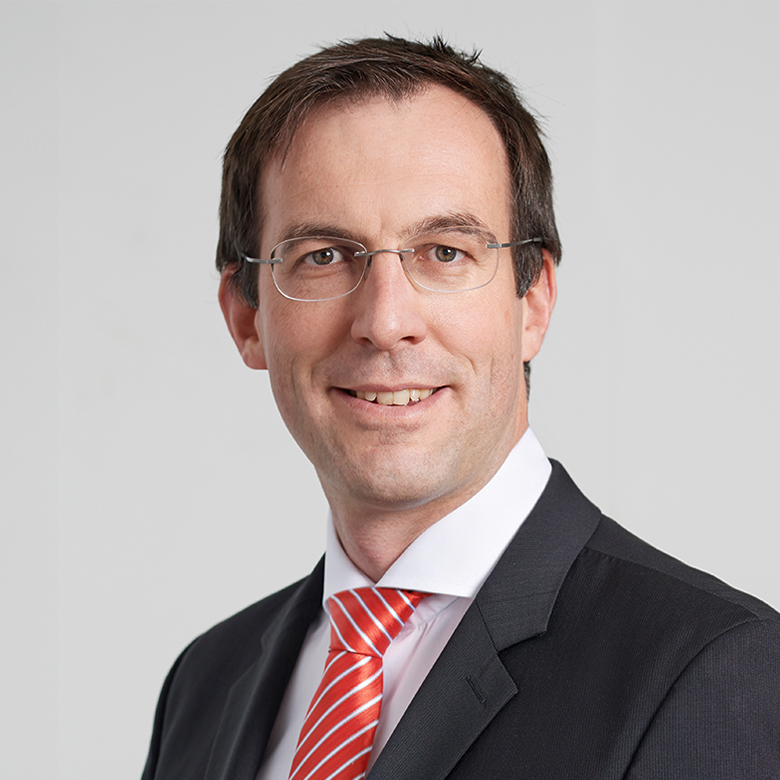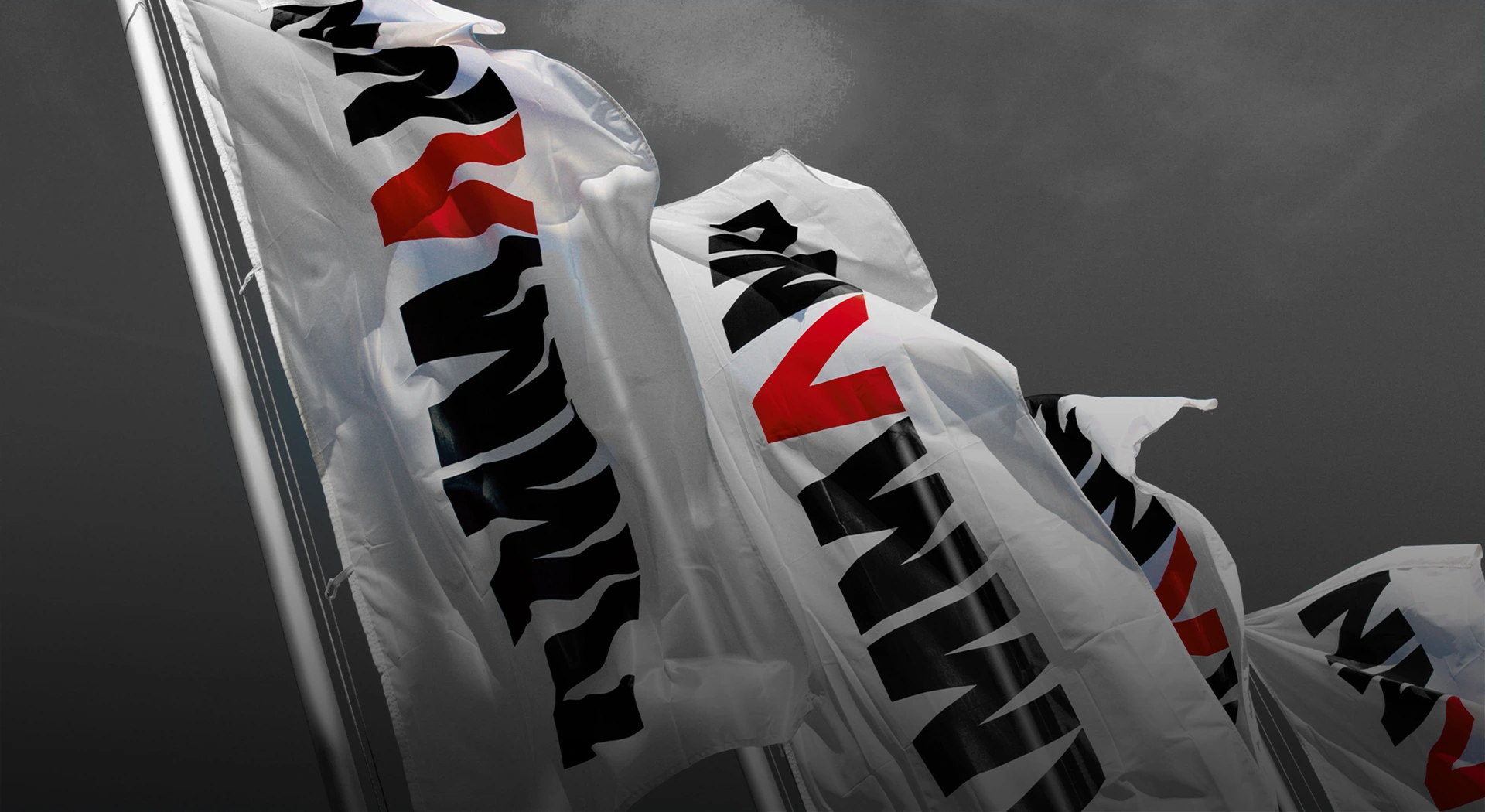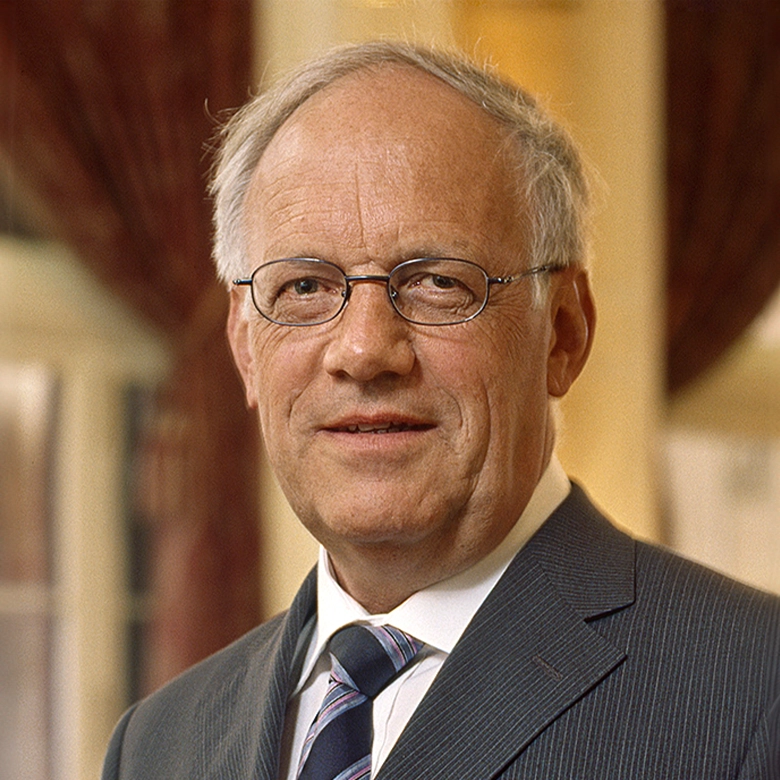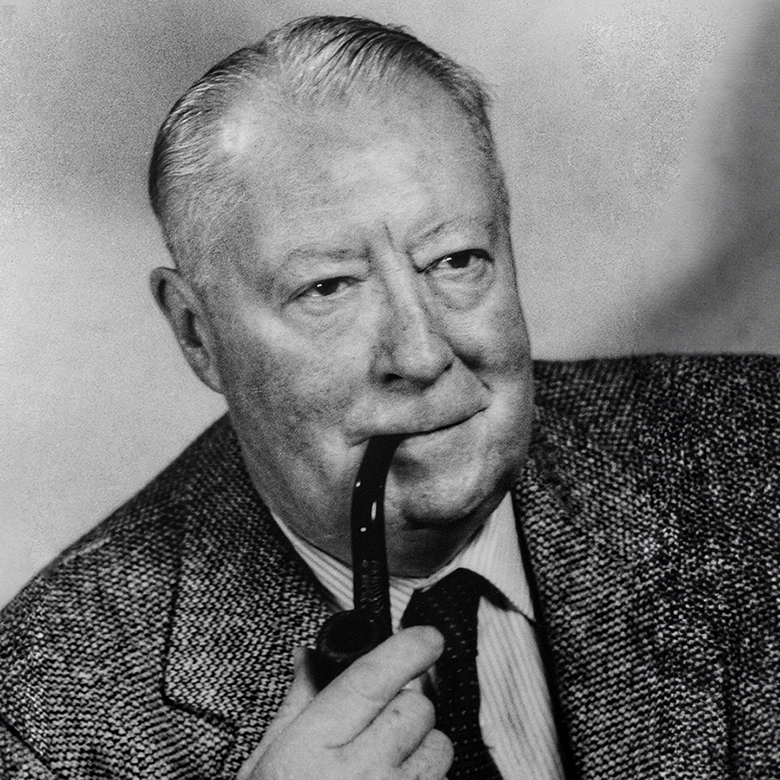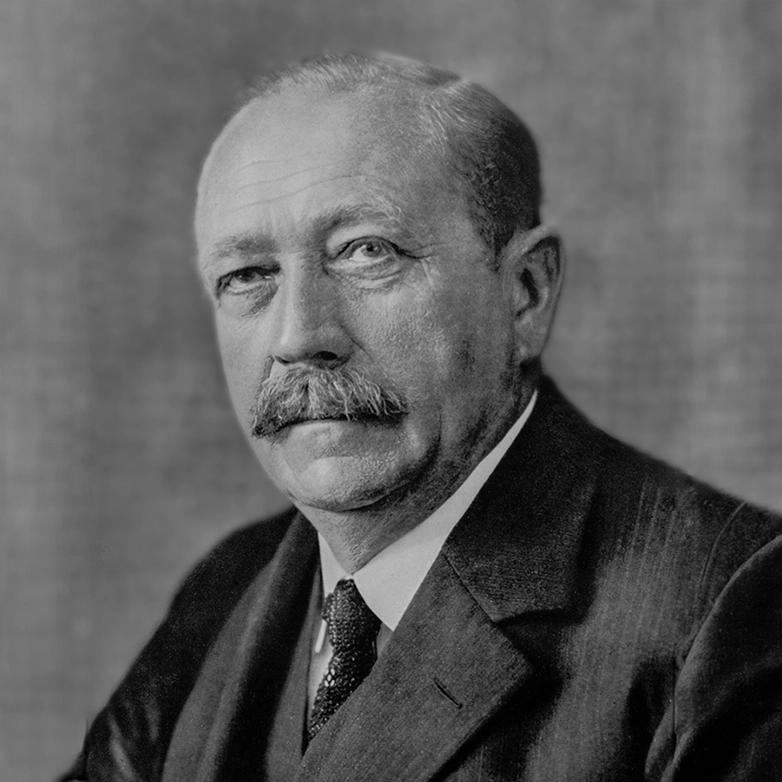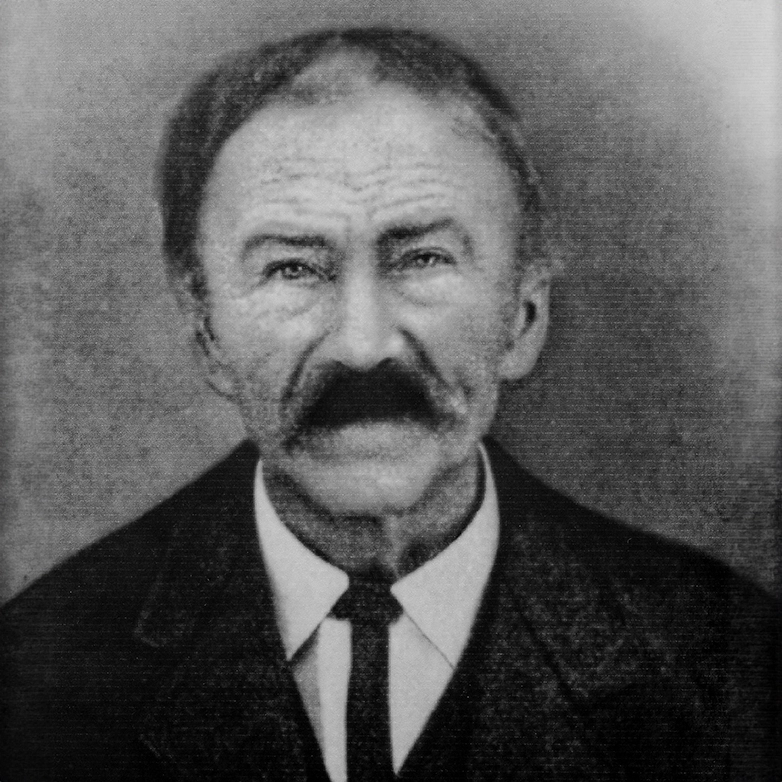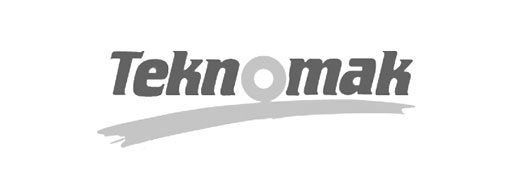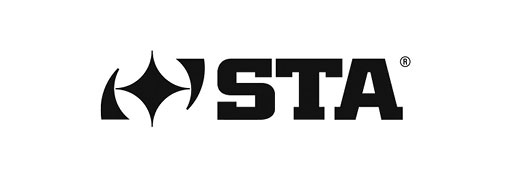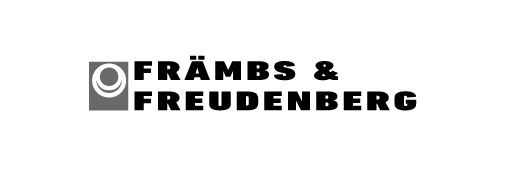The next leadership transition occurred in 1988 when Johann Niklaus took over as head of the Group Executive Board, replacing his father-in-law, Ulrich.
Johann Niklaus’ tenure was marked by an emphasis on international expansion, including the acquisition of Rammax in Metzingen, Germany, in 1995, and Stavostroj in Nové Město, Czech Republic, in 2005.
Business opportunities in China were pursued, including the opening of a manufacturing facility in Shanghai. In addition, many international dealers and distributors signed on at this time.
Johann Niklaus also continued to build the Langenthal facility, with the Technology Centre for Asphalt opening under his leadership.
Johann Niklaus’ son, Hans-Christian Schneider, joined the company in 2009 as an assistant to group management. Hans-Christian had earned a degree in micro-engineering from the Swiss Federal Institute of Technology in Lausanne, Switzerland, and an MBA from INSEAD in Singapore and Fontainebleau, France.
In 2010 Johann Niklaus was elected to the Swiss Federal Council. He resigned as head of Ammann at that time.
Ulrich Meyer, a former division head, took over to bridge the gap until Hans-Christian was fully prepared. The focus continued to be on international development, with several more international dealers coming on board.
